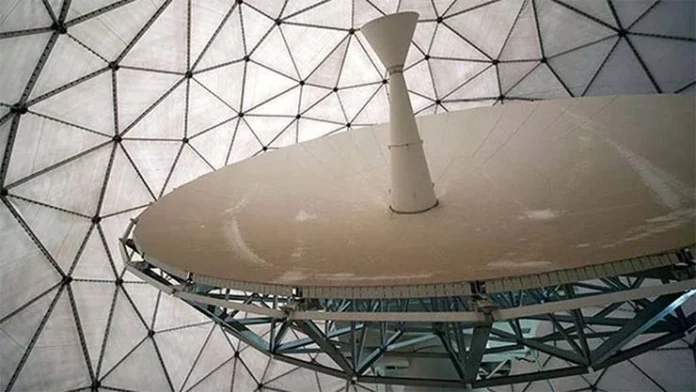Washington: The US Space Force will not meet its target to deliver three long-delayed programmes by the end of this year, despite a push from the service’s top acquisition official.
The projects include the Next Generation Operational Control Segment, or OCX, an in-demand ground system designed to operate modern GPS satellites; the Advanced Tracking and Launch Analysis System, dubbed ATLAS, a key space command-and-control system; and the Military GPS User Equipment programme, MGUE, which is developing cards that enable anti-jam capabilities for GPS receivers.
“The current schedule for all three programmes indicate they will not deliver in 2023,” Space Force spokeswoman Laura McAndrews said in an October 20 statement.
Since being named the first assistant secretary of the Air Force for space acquisition and integration last year, Frank Calvelli has challenged the Space Force to move faster to develop and acquire new systems. He’s issued a list of nine “tenets,” or guideposts, for acquisition programmes, which calls for smaller and simpler designs, greater use of existing technology, improved coordination between contractors and government programme managers and accountability for poor performance.
Calvelli’s first public push for these “long-standing, troubled programmes” to achieve their fielding targets came in January. Speaking at a National Security Space Association conference, he said delivering these systems was a high priority.
“These albatrosses . . . have been dragging the department down for decades,” Frank Calvelli said at a National Security Space Association Conference. “This is the year we’re going to get these programmes delivered.”
Ten months later, not only are the programmes unable to meet their end-of-year goal, they have accumulated additional delays over the last year that will push their delivery into next summer.
The Government Accountability Office said in a June report that a technical issue with the GPS System Simulator used for testing also contributed to the delivery delay.





